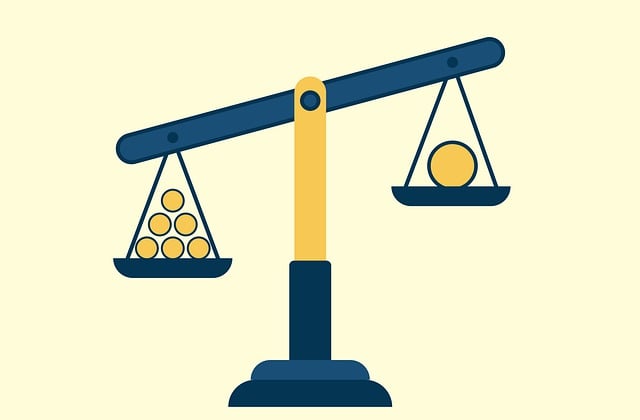Workers comp lawyers are essential for navigating intricate claims, especially in cases like elder abuse or medical malpractice. They understand jurisdiction laws, gather critical evidence (medical records, witness statements), and represent clients against insurance companies or administrative bodies. Their expertise ensures injured workers receive fair compensation through meticulous documentation and effective legal strategies.
If you’ve suffered an on-the-job injury, navigating the complexities of a workers’ compensation claim can be daunting. This is where a skilled workers comp lawyer steps in as your advocate. In this guide, we’ll explore the crucial role these attorneys play in helping injured workers gather and present compelling evidence to support their claims. From medical records to expert testimony, discover how legal expertise can significantly enhance your chances of securing the benefits you deserve.
- Understanding Workers' Compensation Claims and Legal Support
- Key Evidence Types a Workers Comp Lawyer Can Help Collect
- The Role of Expert Testimony and Documentation in Case Success
Understanding Workers' Compensation Claims and Legal Support

Workers’ compensation claims are a complex legal process designed to protect workers who suffer injuries or illnesses related to their jobs. These claims often involve navigating intricate regulations and procedures, which is where a workers comp lawyer plays a vital role. Legal professionals specializing in this area have an in-depth understanding of the rights and benefits available to injured workers under their jurisdiction’s specific compensation laws.
Engaging a workers comp lawyer is crucial for several reasons. They provide essential support in gathering evidence, preparing claims, and representing clients before insurance companies or administrative bodies. From documenting medical records and witness statements to ensuring timely filings, these lawyers guide clients through the legal system, especially in cases involving elder abuse, medical malpractice, or property damage claims arising from work-related incidents. Their expertise ensures that workers receive the compensation and support they are entitled to, facilitating a fair and efficient resolution.
Key Evidence Types a Workers Comp Lawyer Can Help Collect

When it comes to navigating complex workers’ comp claims, a dedicated workers comp lawyer plays an invaluable role in gathering crucial evidence. These legal professionals are experts in collecting and presenting data that can significantly impact the outcome of a case. Key evidence types they assist in acquiring include medical records detailing injuries or conditions arising from work-related incidents, employment history documents verifying the nature of employment and working conditions, and witness statements from colleagues or bystanders who can corroborate the circumstances surrounding the accident.
Moreover, a workers comp lawyer can facilitate the collection of evidence related to partnership disagreements or disputes, especially if the claim involves self-employed individuals or small business owners. This may include contracts, agreements, financial records, and any communication that sheds light on the working relationship dynamics leading up to the accident or injury. Accurate documentation is essential in ensuring fair accident compensation, and these lawyers ensure every relevant detail is captured and presented effectively.
The Role of Expert Testimony and Documentation in Case Success

The success of a workers’ comp claim often hinges on the quality of evidence presented. Here, a workers comp lawyer plays a pivotal role in gathering and organizing this evidence, which is crucial for case outcomes. Expert testimony from medical professionals or industry specialists can significantly strengthen a claimant’s position. These experts provide insights into the extent of injuries, their impact on daily life, and the necessity of specific treatments or accommodations. For instance, a truck accident attorney specializing in workers’ comp might enlist the aid of an ergonomist to assess how a workplace injury has affected an individual’s ability to perform tasks commonly associated with their pre-injury role.
Proper documentation is another critical aspect where legal representation makes a difference. A lawyer ensures that medical records, treatment plans, and reports are accurately collected and organized. In cases involving serious injuries, these documents can be extensive and complex. The lawyer reviews them to identify key findings, diagnoses, and recommendations, ensuring they align with the client’s version of events. This comprehensive approach allows for a compelling narrative to be constructed, increasing the chances of a favorable settlement or verdict.
When navigating complex workers’ compensation claims, a dedicated workers comp lawyer is invaluable. They guide claimants through the process, ensuring all necessary evidence—from medical records and witness statements to expert testimony—is gathered and presented effectively. By leveraging their expertise, lawyers enhance case strength, ultimately advocating for fair compensation and swift resolutions. Trusting a qualified workers comp lawyer means leveraging their knowledge to achieve the best possible outcome.






